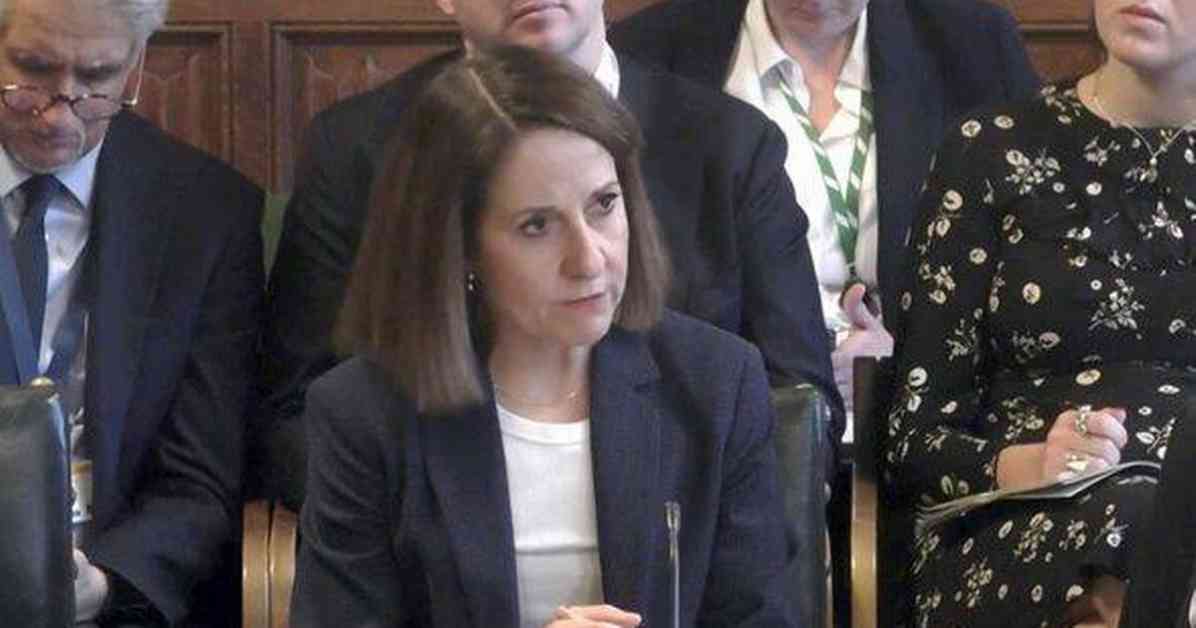Poverty among older Brits is expected to rise significantly by the end of the decade due to cuts in the Winter Fuel Payment, according to the head of the Department for Work and Pensions (DWP). The new Labour government made the decision to limit the previously universal benefit for pensioners in an effort to address a financial shortfall left by the previous Conservative administration. This change is estimated to save £1.4 billion annually, with only those receiving Pension Credit eligible for the payment, which ranges from £200 to £300. Liz Kendall MP, Secretary of State for Work and Pensions, revealed that internal forecasts from the DWP indicated that 300,000 pensioners could fall into poverty as a result of means-testing the Winter Fuel Payment. However, this number has been revised to 200,000, with an additional 50,000 pensioners expected to fall into poverty each year until 2029 due to the policy change.
The announcement from the DWP chief seems to contradict previous statements denying the existence of such forecasts about the impact of the Winter Fuel Payment changes. The fact that only Pension Credit recipients will now receive the payment has sparked protests among pensioners, as many eligible individuals may not be claiming the benefit. In her letter to the Work and Pensions Select Committee, Liz Kendall MP highlighted the projected increase in poverty among pensioners over the next few years and emphasized the need to address this growing issue.
The updated forecast indicating a potential 10% rise in pensioner poverty by the end of the decade is based on revised economic outlook data from the Office for Budget Responsibility, according to Kendall. The figures provided do not factor in the potential impact of government efforts to boost Pension Credit uptake. Morgan Vine, director of policy at Independent Age, expressed concern over the predicted increase in energy bills, noting that older individuals on limited incomes will face additional financial strain. Vine also highlighted the importance of the Winter Fuel Payment as a crucial support for many pensioners facing challenges in managing their expenses.
As the weather grows colder and energy costs continue to rise, the pressure on older individuals living on fixed incomes is expected to intensify. The call for the UK Government to reconsider its approach and ensure that all eligible individuals receive the Winter Fuel Payment remains a pressing issue. With the potential for more pensioners to fall into poverty in the coming years, proactive measures are needed to support vulnerable older adults facing financial hardship.


